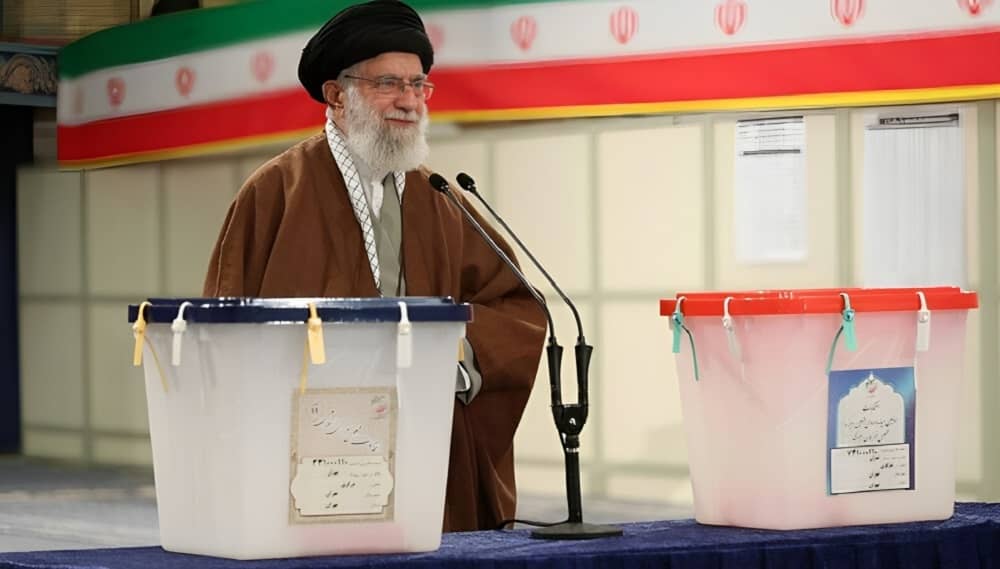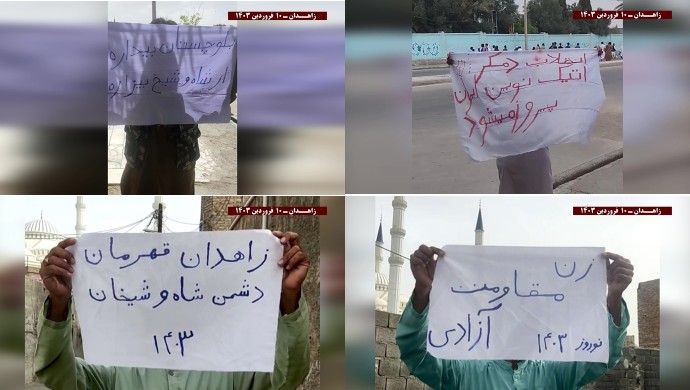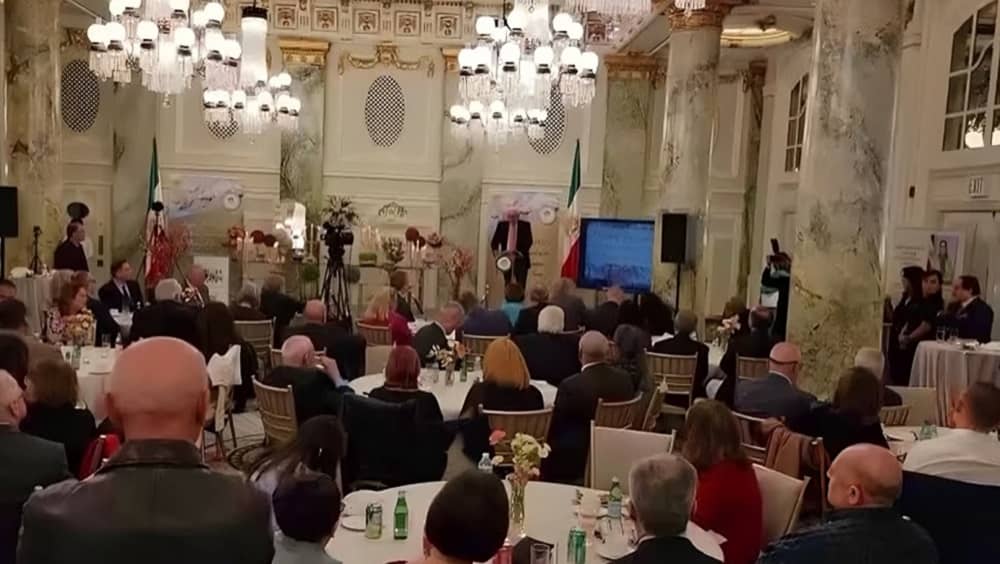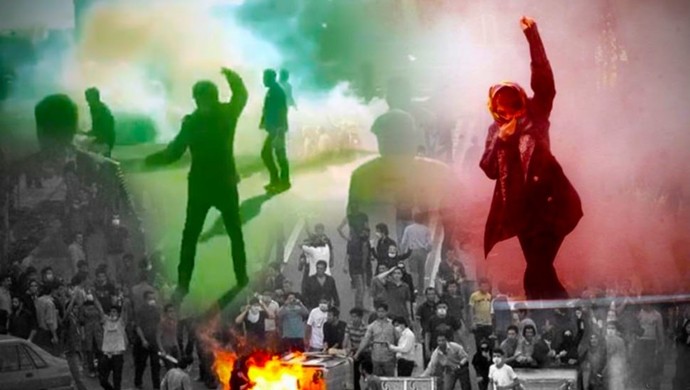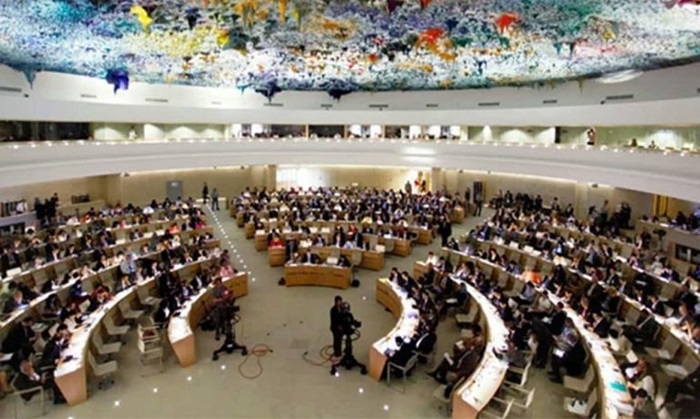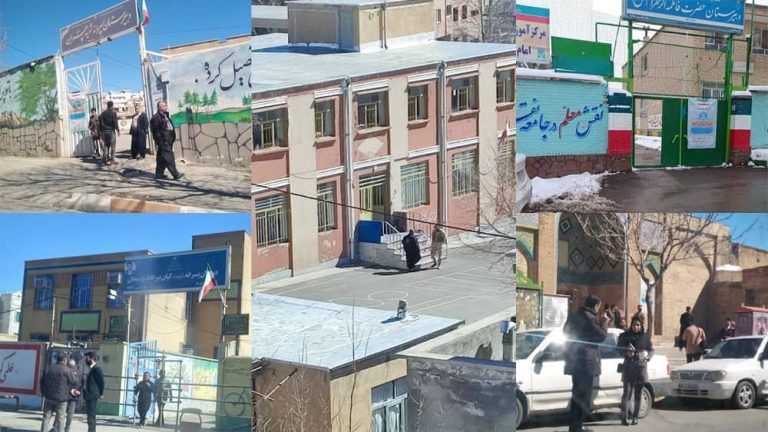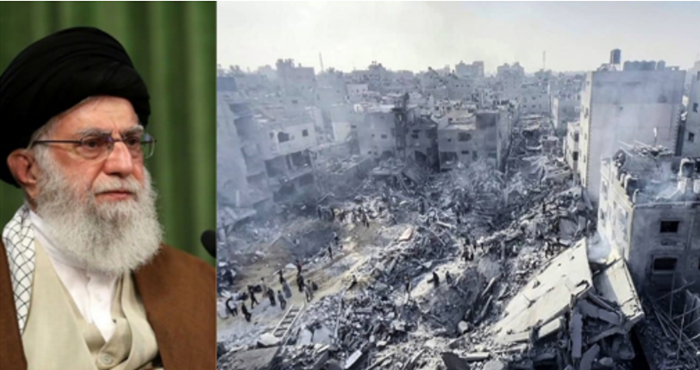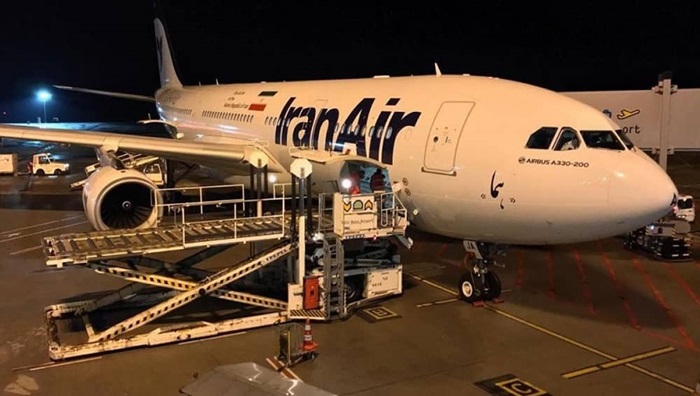
Brigadier Shamseddin Farzadipour, a senior commander from the IRGC, has been clandestinely managing Iran Air since April 2022, as reported by The Telegraph and Die Welt. This disclosure emerges amid mounting apprehensions regarding the regime’s involvement in proliferating missiles and military equipment to its proxies in the Middle East and Russia.


